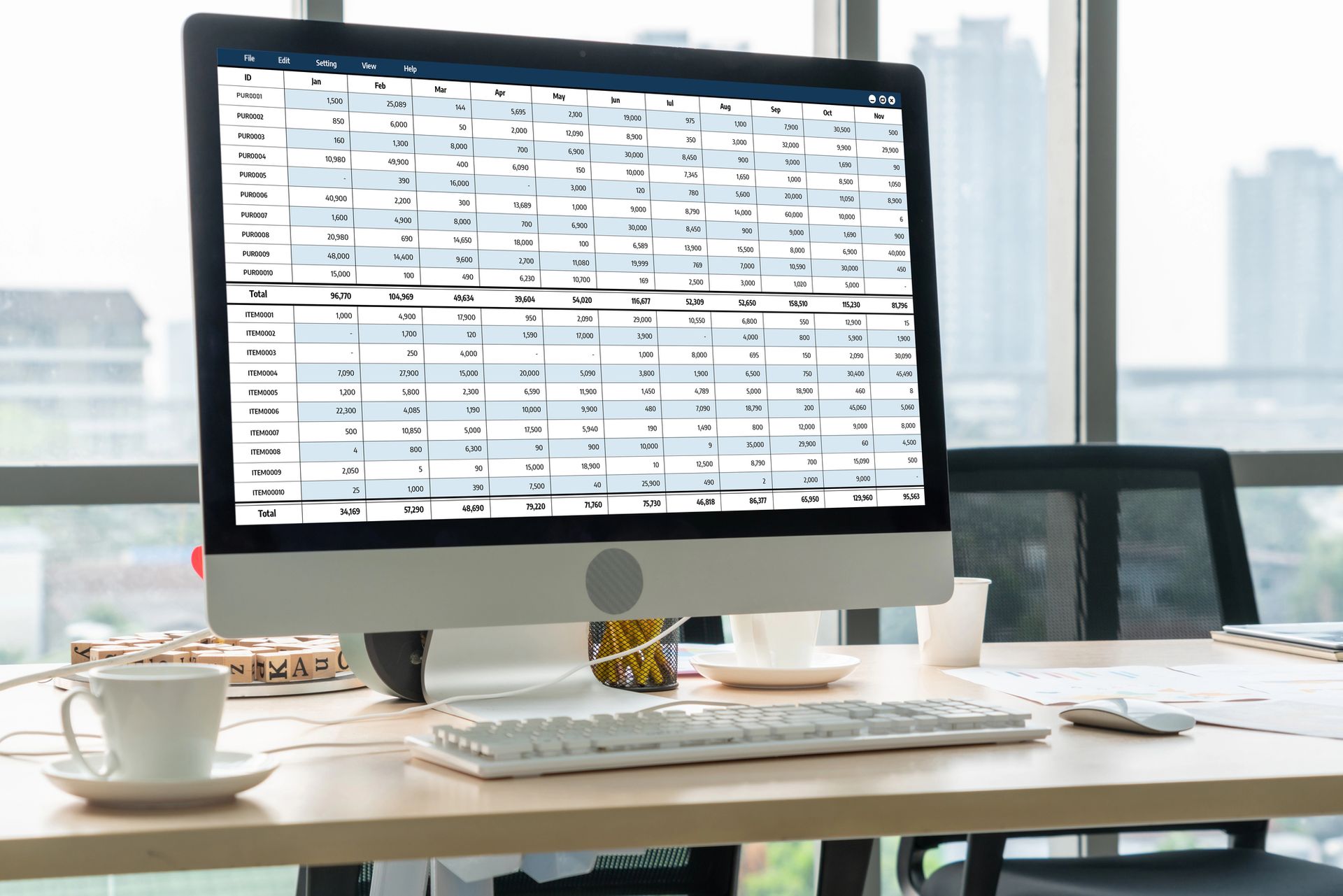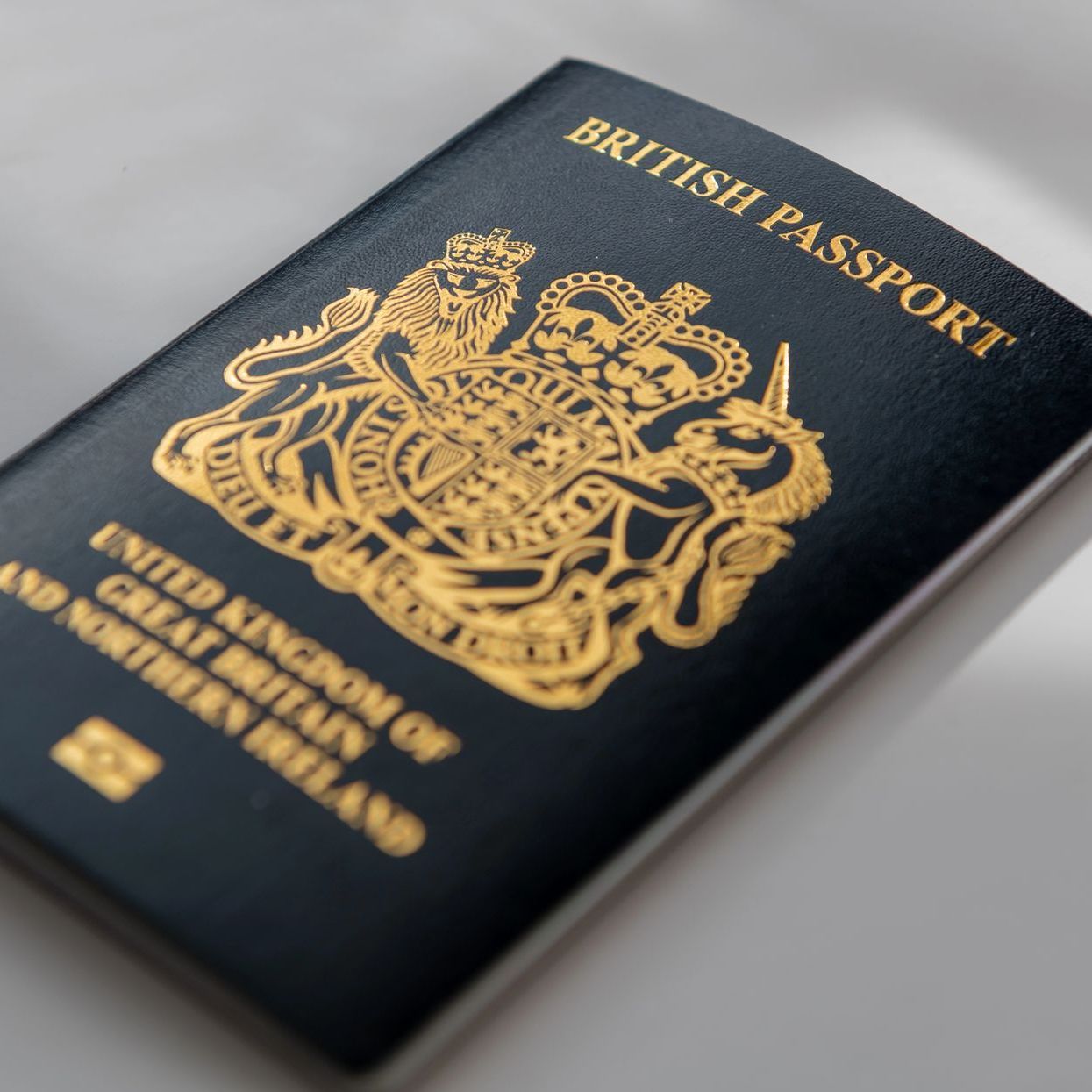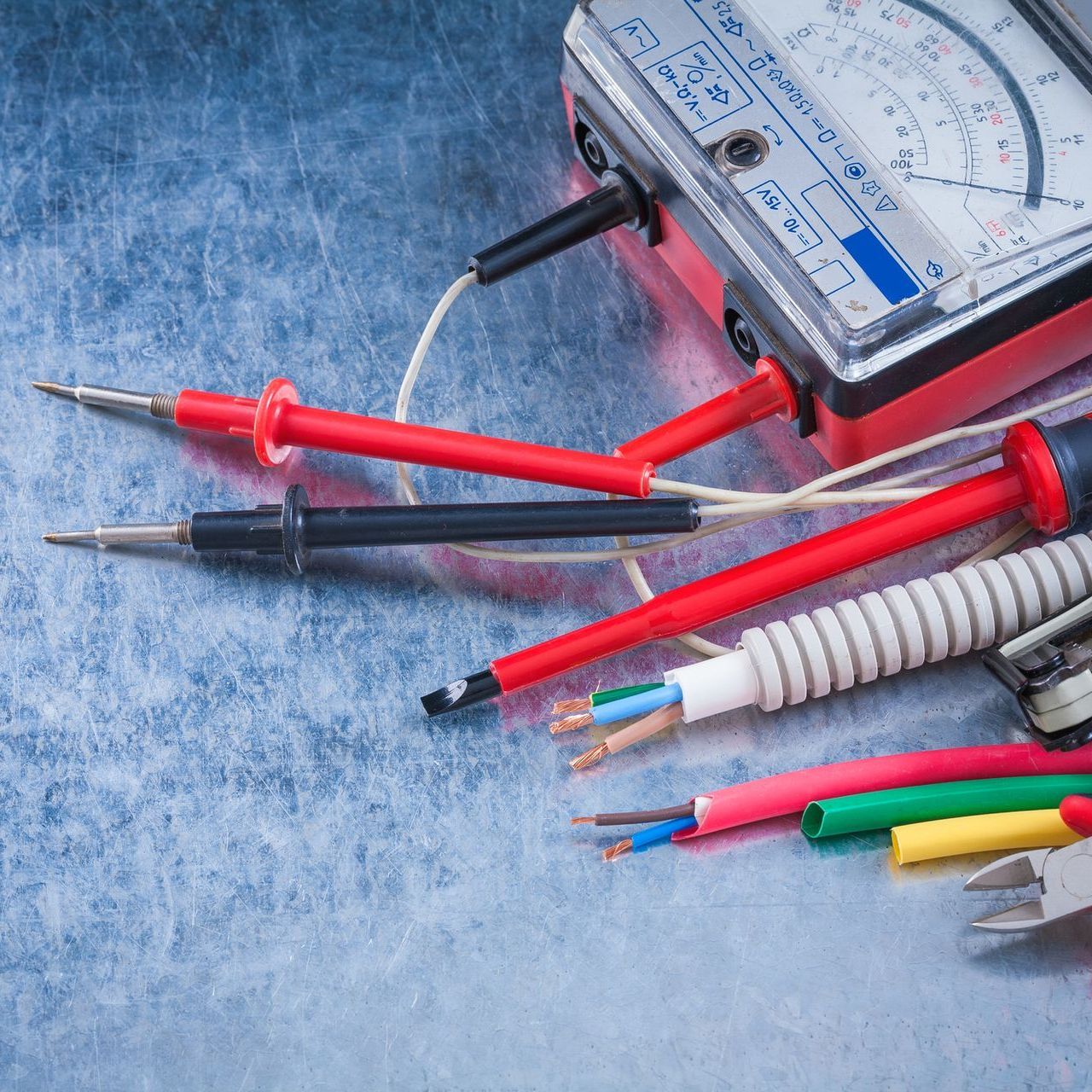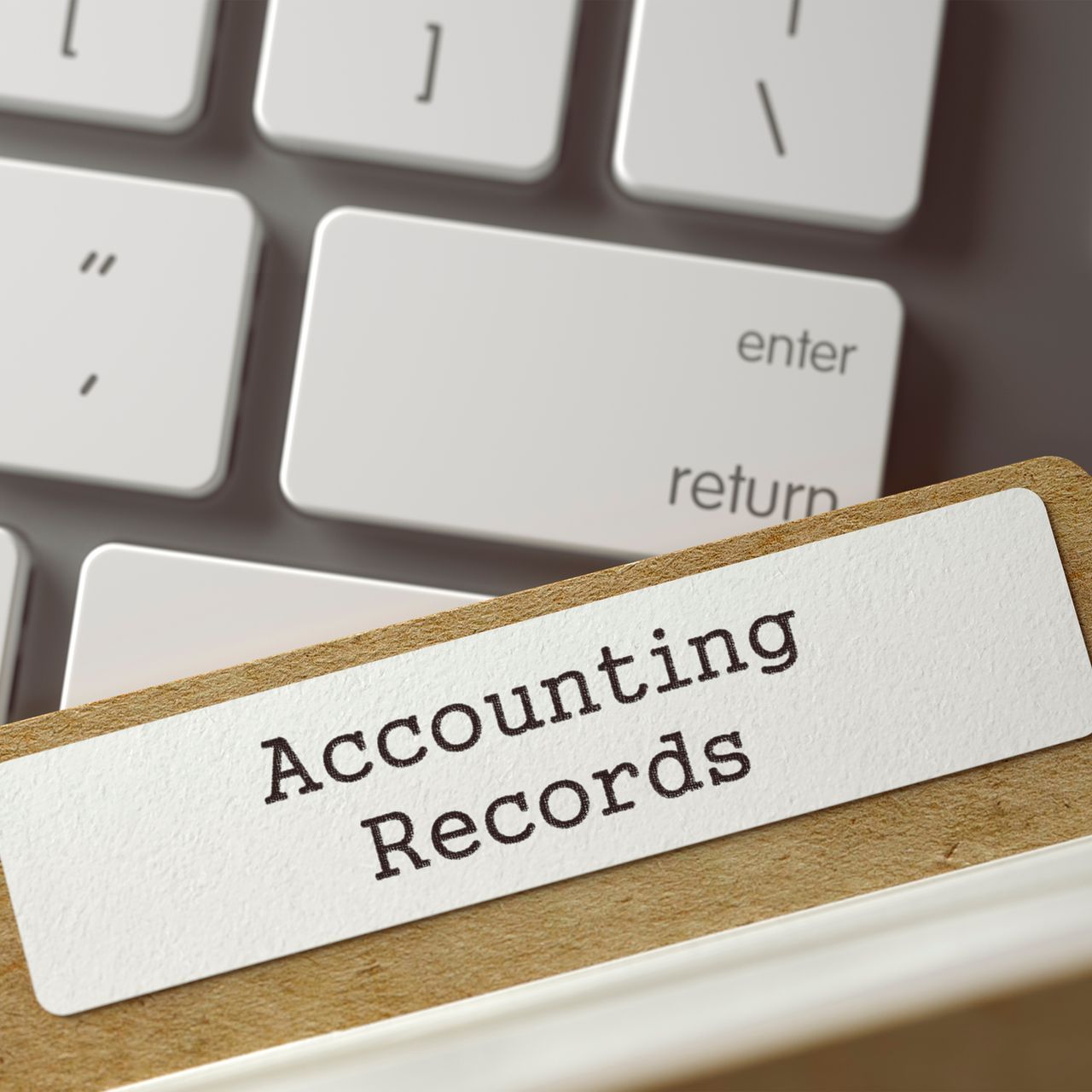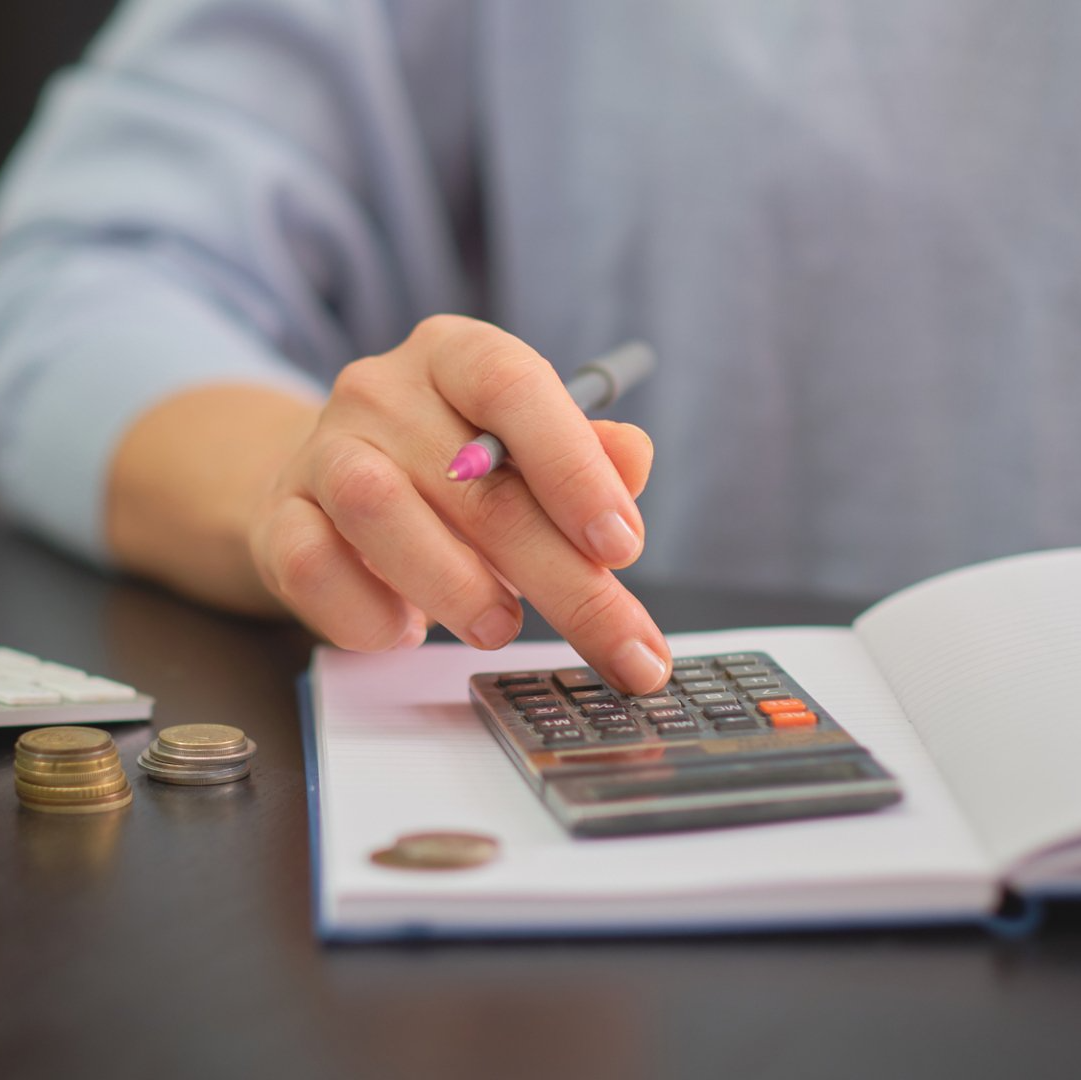I’m a sole trader - is my travel an allowable business expense?
Laura Arbuckle • January 10, 2020
When I meet business owners for the first time, I am frequently asked about whether their travel expenses can be claimed as an expense of the business or not. You would think that this would be a simple question to answer, but it is often a bit more complicated – here’s why.
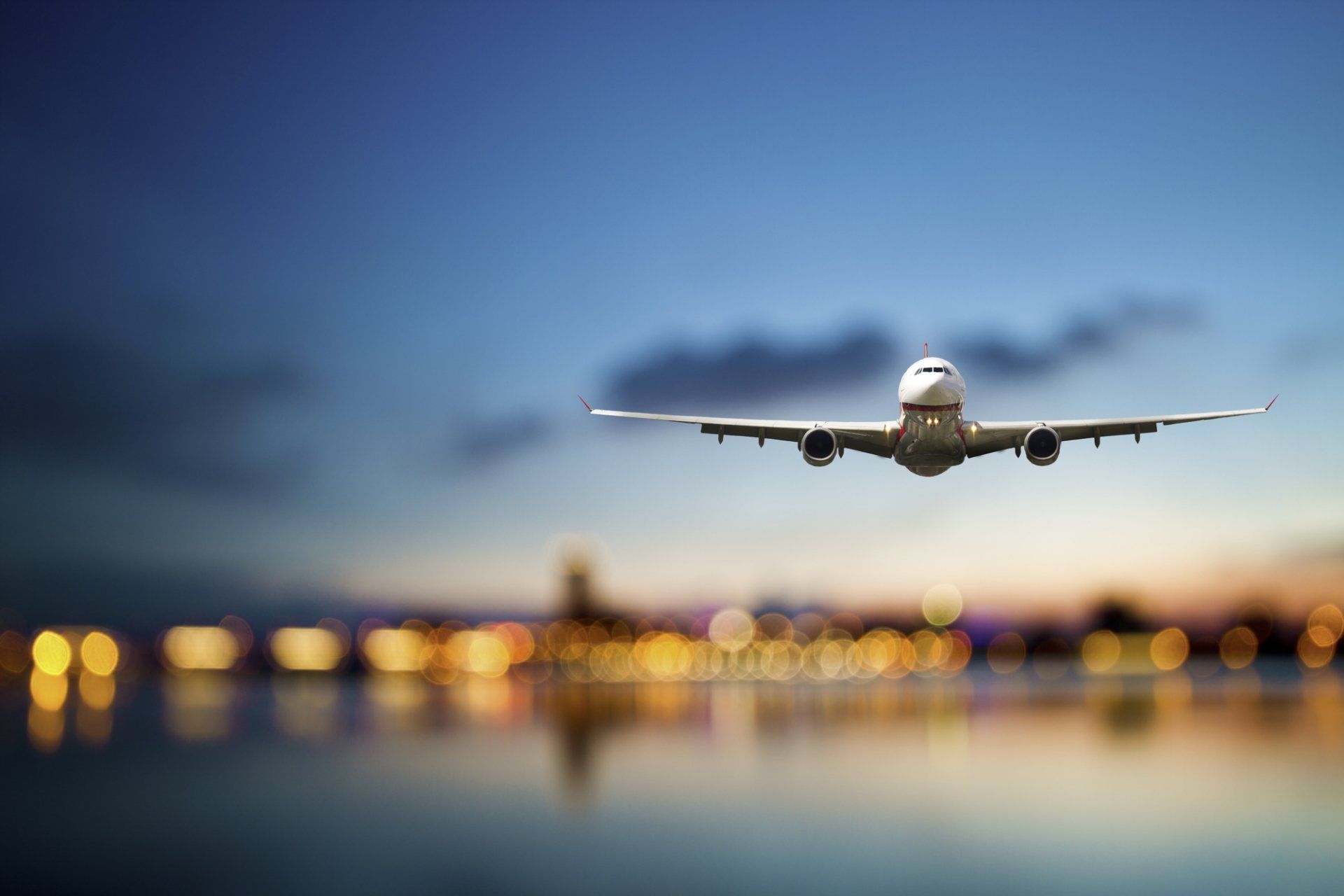
Is my journey a business expense?
As with any other business expense, in order to be able to deduct travel expenses from your business profits, they must have been incurred wholly and exclusively for the purposes of running your business. If a journey is made either entirely for personal reasons or for a mix of both personal and business reasons where you can’t separate out the two elements, then you can’t deduct the expense in your self-assessment return.
If your business is such that you perform your duties in different locations for a short period at a time, you can generally claim your travel expenses between your business premises (or home if you don’t have premises) and the location of your work. For example, a heating engineer will travel to many different locations to service their customers’ boilers. This travel to different locations is wholly and exclusively for the business. Therefore, the cost of these journeys is deductible in their self-assessment return.
If instead you travel to your business premises regularly, this is considered commuting and is not an allowable expense. Only travel that is out of the ordinary can be claimed. It is even possible to have more than one location that you regularly commute to. For example, a physiotherapist may regularly attend to customers in clinics in a few different locations. In these cases, the travel to each clinic is also a regular commute and would not be an allowable expense of your business.
How much do I deduct in my tax return?
Once you have identified that a journey is an allowable business expense, you need to work out the cost of that journey for inclusion in your self-assessment return. Where you have incurred the cost of public transport, hotels, hire cars, parking or taxis (amongst other things) for the purposes of business it is easy to measure - you simply record the actual cost incurred. There is no necessity to use the cheapest method of transport to make your journey, so long as the journey qualifies as business travel. You are free to select the method of transport that suits you best.
It is not so easy when you use a vehicle that you use for both business and personal journeys. In these circumstances there are two ways of measuring the cost of your travel. You can either:
• Measure the whole cost of use of the vehicle and then apportion the costs between your personal and business miles covered or
• Use the simplified rate per mile, stipulated by HMRC (see below).
Either way, you need to keep a detailed mileage record so that you can calculate your travel costs.
If you use your vehicle more for personal than for business use, you may be better off using the simplified mileage rate, currently 45p per mile for the first 10,000 business miles you cover and 25p per mile after that. This rate covers both fuel and maintenance of the vehicle. Using this method will save you time. You may end up claiming a higher amount because the mileage rate includes an element of maintenance for the vehicle as well.
Conversely, if you cover more business miles than personal, you may be better off calculating the full cost of using the vehicle including fuel, insurance, road tax, MOT, repairs and maintenance. Unless you use your vehicle solely for business purposes, you will need to know how many business miles and how many personal miles you have travelled in the tax year to ensure you can work out how much you can claim in your tax return.
Once you decide on a method for a particular vehicle, you need to stick with it. You can’t move between the two methods.
It is worth noting that fines and penalties incurred are not allowed to be claimed.
What do I need to do to evidence my journey?
Make sure if you are claiming travel expenses that your journey qualifies as business travel and you can quantify it correctly. Keep invoices for any costs associated with travel and maintain a detailed mileage log. If you like, you can use an app such as MileIQ or TripLog. I use a simple notebook, kept in my car and whenever I make a business journey I note down the date, the reason for the journey and the miles travelled.
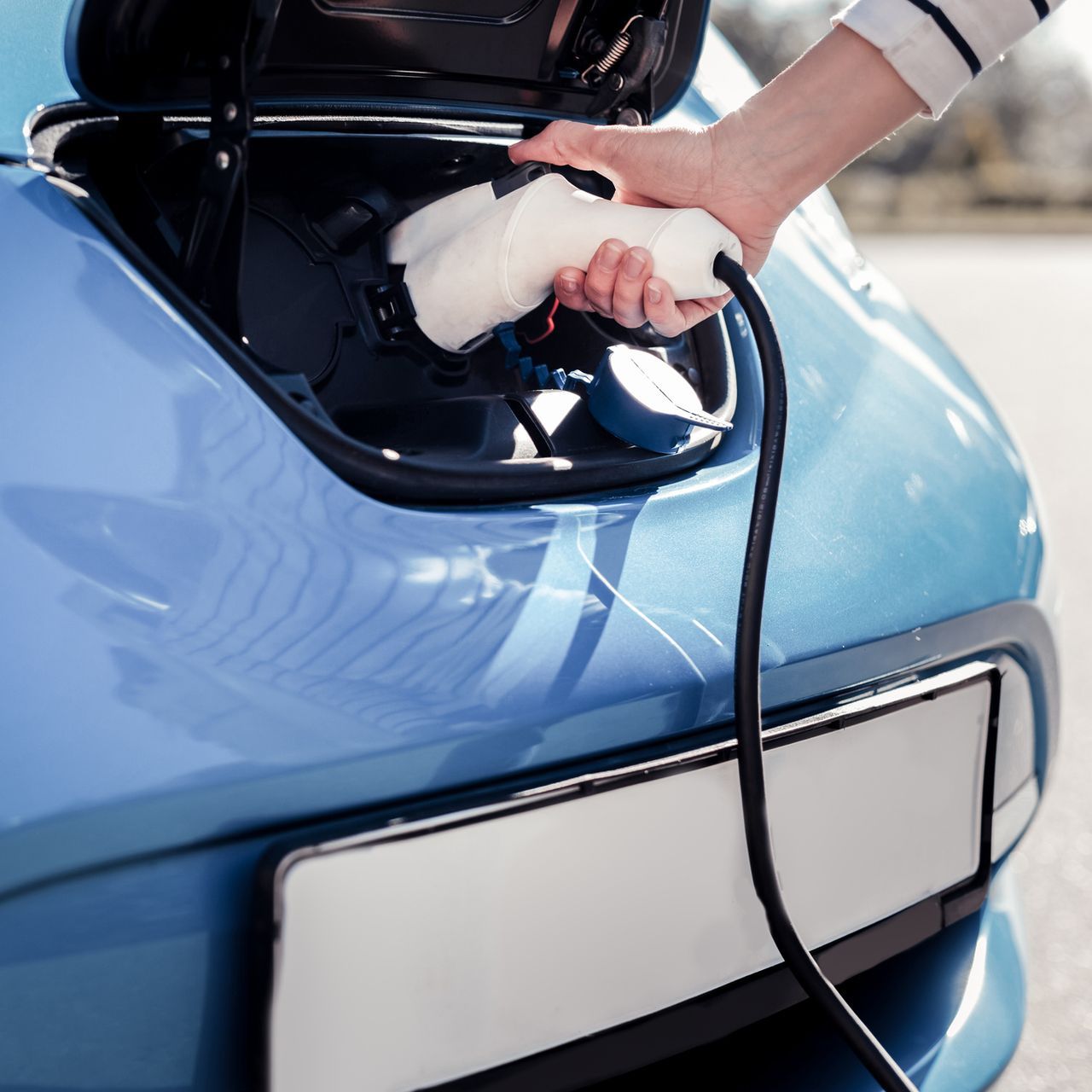
If your company provides you with a traditionally fuelled car for personal use, it can be a very expensive way to fund your vehicle. However, if your company provides you with an electric car that you can use personally instead, the tax tends to be substantially lower than for traditional vehicles and there are incentives for the company as well.

My residential landlord clients would probably tell you that they are fed up of hearing about HMRC’s latest requirements for reporting Capital Gains Tax. At every accounts review meeting I make sure they are fully aware that in the event they sell their residential rental property, they must complete a return and pay any tax that is likely to be due within 60 days of the sale being agreed.

If you are juggling your work-life balance, we can help you to find more time for yourself by helping you with your self-assessment return. You may be wondering how that might work in practice. I can’t speak for every accountant or payroll operator but in this blog post I describe how the process works at Armet Accounting.

